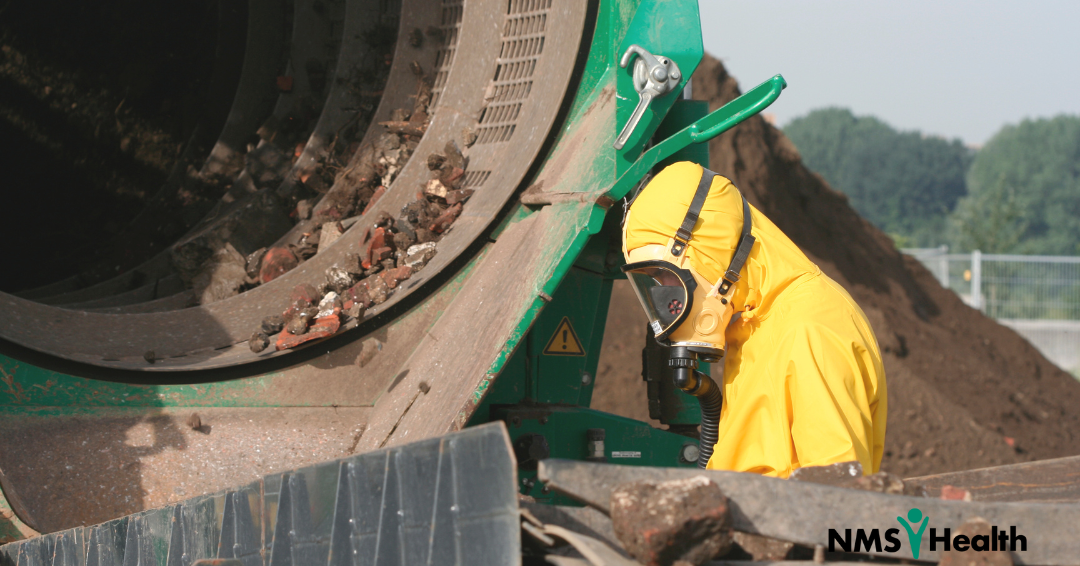Inhaling dust and fumes from commonly used workplace agents could heighten the risk of developing rheumatoid arthritis, a new study finds.
Rheumatoid arthritis, or RA, is a chronic autoimmune condition which causes joint pain and inflammation. This is due to the body’s immune system attacking it’s on tissue, such as the joint or joint lining. In severe cases, RA can attack the body’s internal organs. Subsequently, RA can be incredibly painful and often disabling. Up to 1% of the world’s population is affected by rheumatoid arthritis.
Prior studies of RA have shown a link between cigarette smoking and higher risk for rheumatoid arthritis. A team of medical researchers from Sweden’s Karolinska Institute sought to determine if inhaling workplace dust and fumes could heighten the risk of rheumatoid arthritis as well.
For their study, researchers used data from the Swedish Epidemiological Investigation of RA. The database includes 4,033 people newly diagnosed with the disease between 1996 and 2017. The control group consisted of 6,485 individuals matched for age and sex but do not have the disease. Additionally, participants' job histories were collected and used to estimate individual exposures to 32 different workplace agents.
The type of rheumatoid arthritis diagnosed is based on the presence or absence of anti-citrullinated protein autoantibodies (ACPA). Those who are positive for these antibodies typically considered to have a worse prognosis. In the study, patients who tested positive for ACPA antibodies tended to be slightly younger, women, and were more likely to be smokers than those who tested negative. About 73% of the participants who tested positive for the antibodies were exposed to workplace contaminants, while 72% of those who tested negative for the antibodies and 67% of control subjects were also exposed. Their analysis showed that exposure to any workplace agent increased the risk of developing antibody-positive RA by 25%. That risk jumped to 40% for men.
Certain agents were “strongly associated” with a heightened risk of antibody positive RA. Particularly, these include quartz, asbestos, carbon monoxide, fungicide, and diesel and gasoline fumes. Only a few agents such as quartz, asbestos, and detergents, had strong connections to the development of antibody-negative RA, the study found. Smoking, having a high genetic predisposition, and workplace exposure, known as a "triple exposure", was associated with ACPA positive RA risks ranging from 16% to 68% higher.
“Our study shows that inhalable, mainly occupational exposures act as important environmental risk factors in [rheumatoid arthritis] development,” wrote the study’s authors.
The researchers acknowledged that their study was observational and as such they cannot definitively link RA to workplace exposure. They do, however, urge for increased public health efforts.
“First, environmental health initiatives should reduce public exposure to ambient pollutants, including carbon monoxide and gasoline exhaust,” Jeffrey Sparks of Brigham and Women’s Hospital in Boston and Vanessa Kronzer of the Mayo Clinic wrote in an accompanying editorial on the study. “Second, occupational health initiatives should mitigate occupational hazards, including detergents and asbestos. Third, public health initiatives should continue to reduce cigarette smoking.”
The study is available online, published in the journal Annals of the Rheumatic Diseases.


